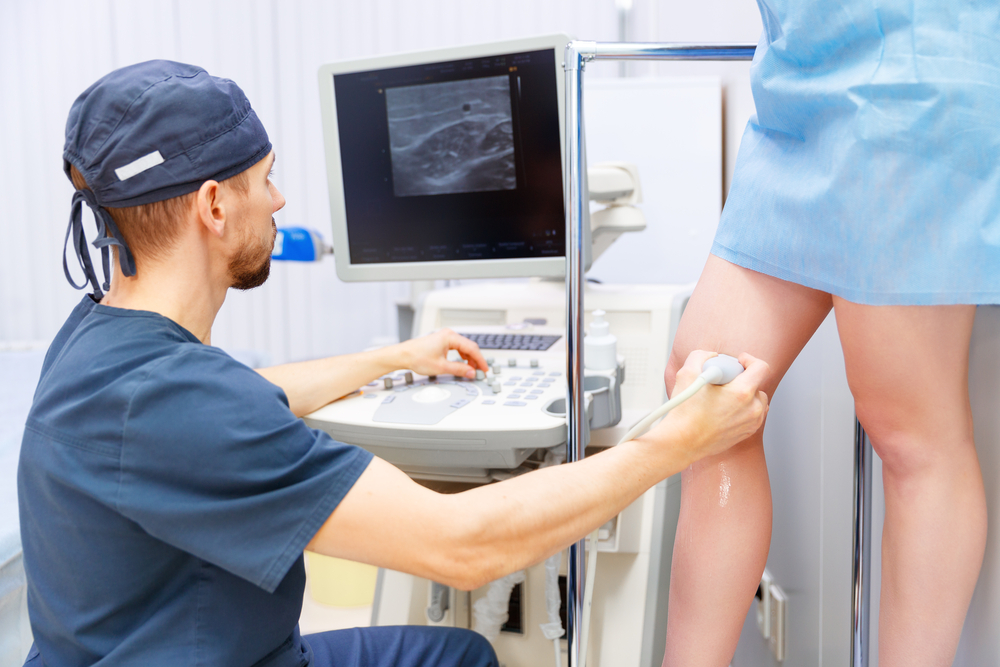Varicose veins can be more than just a cosmetic concern; they can cause discomfort and, in some cases, lead to more serious health issues. If you’re grappling with varicose veins, you’re likely wondering, “What kind of specialist treats varicose veins, and what is a varicose vein specialist called?” In this comprehensive guide, we’ll delve into the world of varicose vein treatment, exploring the specialists who can help and shedding light on the professionals known for their expertise in managing this common vascular condition.
Understanding Varicose Veins
Before we explore the specialists who can address varicose veins, let’s take a moment to understand what they are. Varicose veins are enlarged, twisted veins that often appear blue or dark purple. They typically occur in the legs and can result from weakened or damaged valves in the veins, causing blood to pool and veins to swell.
Seeking Treatment For Varicose Veins
If you’re experiencing symptoms such as pain, swelling, or aching in your legs, or if you’ve noticed the appearance of varicose veins, it’s crucial to seek professional help. The medical field offers various specialists who are trained to diagnose and treat varicose veins, each with a unique set of skills and expertise.
Vascular Surgeons: The Experts In Vascular Health
Vascular surgeons are medical professionals specializing in the treatment of disorders affecting the blood vessels, including varicose veins. These surgeons undergo extensive training to perform both surgical and non-surgical interventions for vascular conditions. When it comes to varicose veins, vascular surgeons may recommend procedures such as endovenous laser treatment (EVLT), radiofrequency ablation (RFA), or traditional vein stripping surgery, depending on the severity of the condition.
Phlebologists: Specialists In Vein Disorders
Phlebologists are physicians who focus specifically on the diagnosis and treatment of vein disorders. They may come from various medical backgrounds, including dermatology, internal medicine, or vascular surgery. Phlebologists are well-versed in the latest advancements in vein care and often use minimally invasive procedures such as sclerotherapy or ambulatory phlebectomy to address varicose veins.
Interventional Radiologists: Precision In Vein Treatment
Interventional radiologists are experts in using medical imaging to guide minimally invasive procedures. In the context of varicose veins, these specialists may employ techniques like ultrasound-guided sclerotherapy or venous stenting. Their precise approach minimizes the invasiveness of the procedures, leading to quicker recovery times for patients.
Dermatologists: Addressing Varicose Veins From The Surface
While dermatologists primarily focus on skin health, many are trained to treat various vascular conditions, including varicose veins. Dermatologists may employ procedures such as laser therapy or sclerotherapy to improve the appearance of varicose veins and alleviate associated symptoms.
Primary Care Physicians: Your First Line Of Defense
Your journey to addressing varicose veins may begin with your primary care physician. These healthcare professionals can assess your symptoms, provide initial guidance, and refer you to specialists if necessary. While they may not perform the intricate procedures needed for advanced cases, primary care physicians play a crucial role in coordinating your overall healthcare.
What Is A Varicose Vein Specialist Called?
The specialists mentioned above collectively fall under the umbrella of “varicose vein specialists.” These healthcare professionals dedicate their expertise to diagnosing, treating, and managing varicose veins. While they may have different titles based on their specialty, the common thread among them is their commitment to improving the vascular health of their patients.
Choosing The Right Specialist For You
Selecting the right specialist for your varicose vein treatment involves considering various factors, including the severity of your condition, your overall health, and your personal preferences. A consultation with a primary care physician or a specialized evaluation with a vascular surgeon, phlebologist, or interventional radiologist can help determine the most suitable course of action for your specific case.
Conclusion
In conclusion, varicose veins are a common vascular condition that can impact your quality of life. When seeking treatment, it’s essential to know that a range of specialists can address this condition, from vascular surgeons and phlebologists to interventional radiologists and dermatologists. The right specialist for you depends on various factors, and consulting with a healthcare professional is the first step toward finding an effective solution for your varicose veins. Remember, early intervention can lead to better outcomes, so don’t hesitate to seek the expertise of a varicose vein specialist if you’re experiencing symptoms or have concerns about your vascular health.

